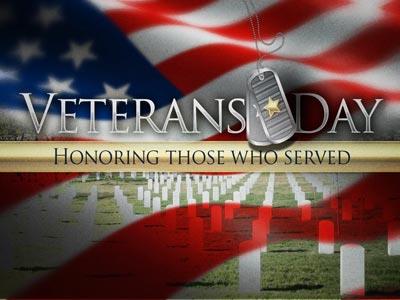-
War: What Is It Good For? Series
Contributed by Aaron Burgess on Nov 28, 2017 (message contributor)
Summary: This sermon addresses the issue of war. It discusses the three main views on war held by Christians: holy war, pacifism, just war. It also gives some practical ways we can react to these stressful times.
War: What Is It Good For?
Various Passages
The front page of Sunday’s Cincinnati Enquirer carried a story about 7 boys from the village of Cleves (which is just down the road from our church building) who graduated from Taylor High School last year and joined the military and will all be fighting in Iraq if the United States goes to war. Cleves has about 2,000 people in its city limits, but it has seven young men, all age 19 who possibly will be giving their lives in war. The article said that war will certainly hit home for the tiny village of Cleves.
For the majority of us, however, a war in Iraq doesn’t really hit home. I have yet to hear any of you bring up the issue of war with me. No one has approached me about preaching a sermon on war or doing a Bible Study. Why is that? Perhaps the reason for the lack of concern about the war, is because each of us have so many personal struggles we are dealing with that we just don’t have time to worry about a war that will take place so far away. It’s hard to be concerned about war in Iraq when you have battles of your own to fight.
Perhaps the reason a lot of us don’t seem so concerned is because we’ve become so accustomed to American military action overseas that we’re numb to it. Since 1990 we have fought wars in Iraq, in Bosnia, in Yugoslavia, in Afghanistan and none of those battles have truly turned out to be successful for the United States and have not affected our way of life. Even though Sept. 11th was a great tragedy, we have seemed to become numb to threat of violence and war in our community.
But as followers of Christ we should be relatively concerned about the affairs of our nation and the affairs of the world.
Jesus was very concerned with sociological issues of his day. He addressed prejudice in Jewish society. He talked about paying taxes to the government. He challenged the political leaders like Herod. He called Herod a fox. In Matthew 24 Jesus told his disciples to discern the political climate of his days to know his coming. The apostle Paul instructs in the book of Titus that as followers of Christ we are be good citizens. I think being good citizens involves knowing what is going on in our nation.
Have you seen Jay Leno when he walks around the streets of L.A. and holds up pictures of politicians and government leaders and people don’t know who George Bush is or who Collin Powell is or Dick Cheney. I think we should be more concerned about our leaders. We need to know what is going on in the world.
It is my desire tonight to preach on the topic of war for two reasons. One is because war is a relevant issue today. The great theologian Karl Barth once said that we should read with the Bible in one hand, while holding the newspaper in the other. As a preacher I should relate the topics of the day to the Bible and vice versa. And the subject of war is about as relevant to the news as you can get. A second reason, I want to talk about war is because the Bible talks about war. The apostle Paul wrote, "For I have not hesitated to proclaim to you the whole will of God." (Acts 20:27). It is my duty as a preacher to talk about war because war is an issue that Scripture concerns itself with.
I. WHAT DOES THE BIBLE SAY ABOUT WAR?
I want you to understand that the Bible does not glorify war. War in the Bible is always a last resort for any nation. Psalm 68:30 teaches that we are to never take pleasure in or desire war. It reads, "The Lord will scatter the nations that delight in war."
Even though war is to be a last resort for a nation Ecclesiastes 3:8 says, “There is a time to love and a time to hate, a time for war and a time for peace." There comes an occasion when it is a must that a nation go to war. In Exodus 22 we read that it is appropriate for a person or a group of people to take necessary action to defend themselves. Even if that means having to kill someone in self defense. Psalm 144, reads, "Blessed be the LORD my Rock, Who trains my hands for war, And my fingers for battle.”
The Bible teaches clearly that the government is to protect its citizens and restrain evildoers by law and with force if necessary. Romans 13 tells us that the “government ruler is God’s servant, an agent of wrath to bring punishment on the wrongdoer." (Romans 13:4b NIV). Did you hear that? The government is primarily to be the agent of wrath. It bears the sword. The church is to be an agent of grace. Often government action is warranted to protect citizens from criminal behavior within and without. Such action includes war.

 Sermon Central
Sermon Central



